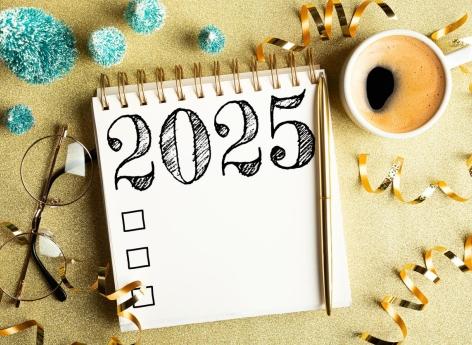One in three adults is said to be suffering from an unrecognized psychological disorder, called “misokinesis”. But what is it? Explanations.

- “Mirror neurons” are related to empathy and help us understand other people and the intention behind their movements.
- “We need to recognize that many adults silently suffer from this disorder and that it can negatively impact their ability to work, learn in school and cope with social situations,” the authors said.
Are you annoyed or distressed when someone fidgets around you next to you? If so, you are affected by “misokinesis” or “movement hatred”. According to a study published in the journal Scientific Reportsthis psychological disorder is defined by a strong negative emotional reaction, more precisely a hypersensitivity, to the sight of the small repetitive movements of another person.
Todd C. Handy, professor of psychology at the University of British Columbia (Canada) and author of the work, decided to take an interest in this disorder, because one of his partners told him that she felt stressed when he was fidgeting unconsciously. “As a visual and cognitive neuroscientist, this really piqued my interest and inspired me to find out what’s going on in the brain,” said the researcher in a statement.
Misokinesis: 1/3 of participants can’t stand seeing others fidgeting
As part of the research, the scientist and his team recruited 4,100 people. They asked volunteers to report whether they were sensitive to others’ agitation and rated the emotional and social repercussions of misokinesis. “We confirmed the existence of a sensitivity to misokinesis. (…) About a third of our participants declared to be more or less sensitive to the perception of the repetitive and agitated behaviors of the people they meet in their daily life” , can we read in the results.
According to observations, adults with misokinesis may experience nervousness, anxiety, frustration, decreased pleasure in social situations or at work when they see short and repetitive movements. “Some people even reduce their social activities because of their condition. We also found that these impacts increase with age, and older adults report a wider range of difficulties”explained Todd C. Handy.
Misokinesis may be linked to ‘mirror neurons’
According to the authors, “mirror neurons” could be responsible for this disorder. “These neurons activate when we move, but also when we see others move. This is where the term ‘mirror’ comes from, because we reflect the movements of others in our brain. (…) One of the reasons for “What people fidget is that they’re anxious or nervous. So when people with misokinesis see someone fidgeting, they may mirror that and feel anxious or nervous too.” said Sumeet M. Jaswal, author of the study. Now, scientists want to do more research to determine if there is a genetic component to this sensitivity.
















